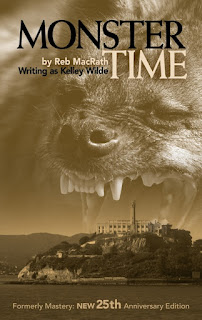Others may see it as something like this:
In any case, the first goal is getting the words on the page, day by day. In good time, we meet that goal. And whatever hell we went through is soon to be forgotten when we start the second draft.
Do all writers go through such back-breaking work? Not all, but many. Perhaps even most. Here's a look at the great Nabokov conquering a second draft:
The work's as exhausting as digging a ditch with a teaspoon instead of a shovel. Simply clearing the vomit or shit off each page is enough to make a writer weep, howl at the moon or cry 'Never again!'
And the worst of it is this: no matter how greatly we improve the first draft, we're still nowhere near completion of a finished, professional work. Yes, we've pruned and edited, polished and filled in some blanks. And we've begun to see the outline of our book. But it's still just a sack of potential
The third draft, however, gives us the chance for a wonderful break from ditch-digging and drudgery. Now we get to put on our Architect hats. We can forget about Pretty or Perfect for now. Time to think of our narrative's structure...and where the structure may need reinforcements.
Here are some of the issues I'm tackling in the third draft of my WIP:
1) My book's divided into five acts. Are they roughly the same length and is my pacing on the mark?
2) My book contains shifts of POV. Do my two lead characters get close to the same stage time? And have I made it clear enough to readers at a glance to identify who's 'on' now?
3) Have my mystery's clues been fairly and effectively placed?
4) Have my characters done the detecting they should have done at all key points?
5) Have I brought my setting to life, buckshot-style, with just enough details as needed?
6) Have I succeeded on two fronts: launching a new spin-off series from my Boss MacTavin mysteries...and not giving readers the backstory blues?
7) Though this is a standalone series, is it completely consistent with the Boss MacTavin universe?
8) Can I do anything else to reinforce the novel's theme? Colors, imagery, weather, etc.
Now, with the clearance work you've done, is the perfectly natural time for such things. When they've been tackled, you're prepared for the delicate refinements of your fourth and final drafts.
If you don't believe in miracles, give this one a try.







